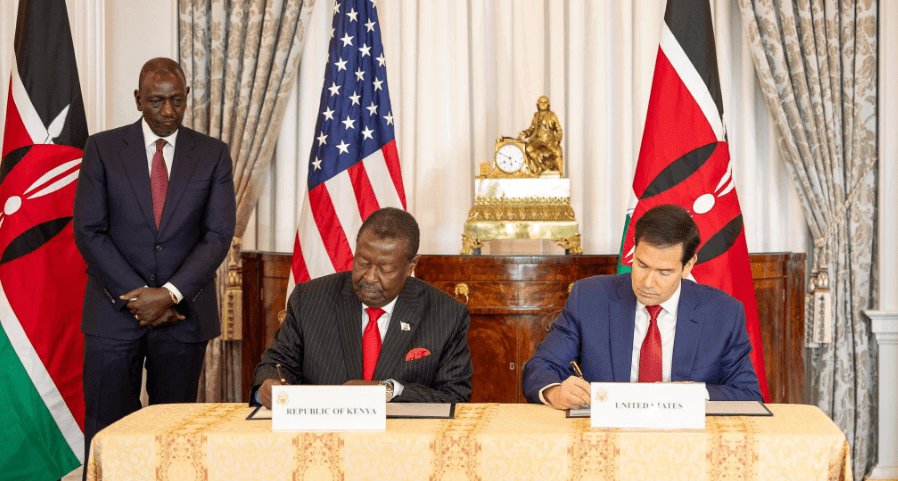

The United States government has raised concerns over the continued detention of suspects by Kenyan police without formal charges, citing it as a sign of deteriorating human rights conditions.
In its latest Country Reports on Human Rights Practices- Kenya 2024 Human Rights Report, the U.S. Department of State notes that Kenya experienced a marked decline in adherence to constitutional protections related to arrests and detention last year.
The report points out that while Kenya’s Constitution guarantees that arrested individuals must be charged, informed of the reasons for their detention, or released within 24 hours, police frequently flouted these requirements.
“In many cases, however, authorities did not follow the prescribed time limits. While authorities generally released detainees held longer than the prescribed period, some cases did not result in an acquittal,” the report stated.
Additionally, the report acknowledged that the Constitution provides for the right to bail unless there are compelling reasons to deny it.
Kenya has a functioning bail system, making all suspects—including those facing capital charges—eligible for bail.
However, due to overcrowding in prisons, courts rarely denied bail even when circumstances may have warranted it.
“There was a functioning bail system, and all suspects, including those accused of capital offences, were eligible for bail. Due to overcrowding in prisons, courts rarely denied bail, even when the circumstances warranted denial,” the report noted.
The report noted the existence of legal safeguards against arbitrary arrest and detention.
It cited Kenyan authorities for not consistently observing these protections.
It noted that police officers were legally allowed to arrest individuals without a warrant if they suspected a crime had occurred, was ongoing, or was imminent—powers that were sometimes misused.
The U.S. report also highlighted that Kenya’s Constitution permits victims of unlawful detention to sue the government for compensation, though access to justice in such cases remains limited
The U.S. Department of State submits these annual reports to Congress as mandated by the Foreign Assistance Act of 1961 and the Trade Act of 1974, covering all United Nations member states and countries receiving U.S. assistance.

















